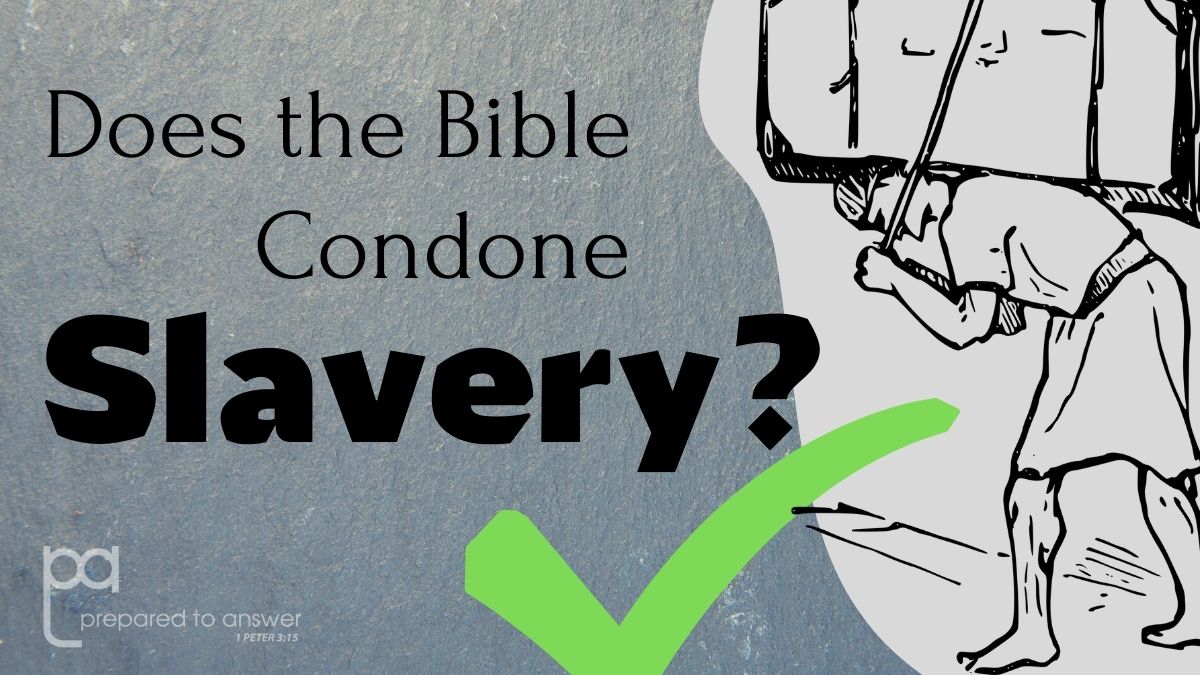Is the Bible for or against slavery?
Should slavery be banned? Why did slavery even ever exist? Was the bible for or against slavery? This is a question that people have been trying to answer for a long time. Some say that the bible shows that its for slavery and others say that the bible shows that its against slavery. A lot of research has been done to try and prove both sides whether the bible is for or against slavery. There are always two sides to a story so let’s take a look at this from both sides.
/Slave-Market-Louisiana-1500w-56cf1be23df78cfb37aa6271.jpg)
Is the bible against slavery? There are things in the bible that speaks against slavery. What Does the Bible Say About Anti-slavery? (openbible.info), (Exodus 21:16) “Whoever
steals a man and sells him, and anyone found in possession of him, shall be put to death.” Based on the information found we can see that there were certain parts in the bible that speak against slavery.
Some may argue that the bible is also for slavery. But, according to What Does the Bible Say
About Anti-slavery? (openbible.info), (Colossians 4:1)“Masters, treat your slaves justly and fairly, knowing that you also have a Master in heaven.” Some may say that based on this information the bible condones slavery. But this verus is letting them know that if they do own
slaves and they don’t treat them right reminding them that they have a master in heaven. This was not condoning slavery completely but telling them that they should treat people right.
Another great piece of evidence that can support the bible not coding slavery is according to Does the Bible Condone Slavery? | Emergence Church - New Jersey (emergencenj.org), “In both the Old and New Testaments, the words used to denote slaves did not necessarily carry the same connotations that we associate with slavery today. Only by understanding the biblical texts and the cultures that produced them can we understand what is being referred to in the Bible.” If you do not understand the biblical terminology then we can’t really compare it to today. These are just a few reasons why some believe that the bible is against slavery.
However, the other side of the story over time has had arguments in favor of slavery based on religion. In the Bible, you can find many different places where it is for slavery. People that argued God protected slavery had a very clear understanding of the New and Old Testament of the Bible. Specifically southern Christians felt slavery, “stands as an institution of God.”
Why Did So Many Christians Support Slavery?
Specially in the Ten Commandments slavery is mentioned twice, which reveals that God has acceptance to it (Exodus 20:10,17). Moses was ordered by God that his people can chose to own child slaves, which eventually bequeathed in family heritance. “… but the seventh day is a sabbath to the Lord your God. On it you shall not do any work, neither you, nor your son or daughter, nor your male or female servant, nor your animals, nor any foreigner residing in your towns.” This verse means that no one, not even slaves, should not work or be a servant to your master. Why Did So Many Christians Support Slavery?
Another supporting piece of evidence is in Philemon 12. In this story Paul, an apostle, returned a runaway slave back to his master. “I am sending him—who is my very heart—back to you (Philemon 1:12). Paul and Onesimus, the runaway slave, became very close in a short spam. Onesimus became very helpful to Paul, so he wanted to keep him in Rome to help him while being imprisoned. Overall, this was Paul begging to choose forgiveness for the runaway slave, instead of him being commanded to him.

In conclusion, religion can argue both sides. The Bible has scriptures that support both sides of the argument. Is the Bible for or against slavery a question that is still being answered?

No comments:
Post a Comment